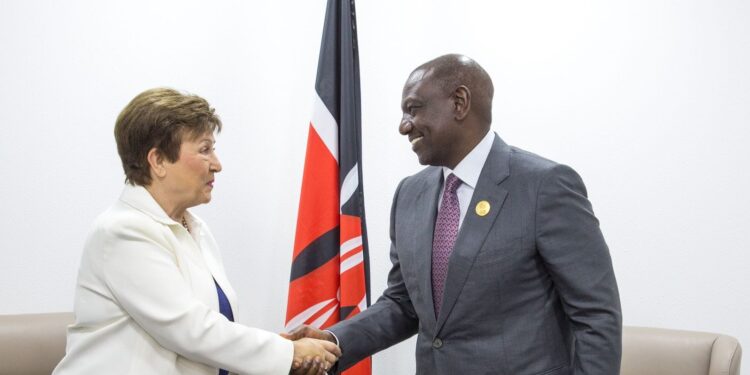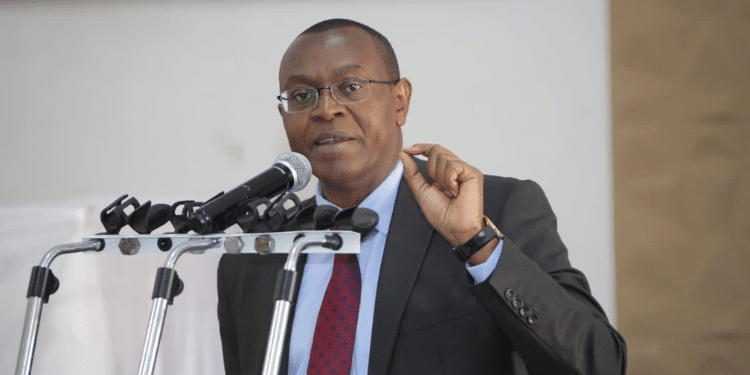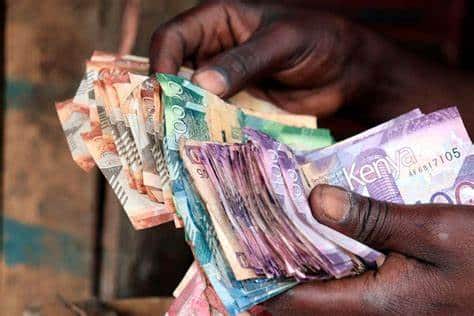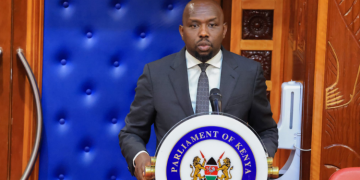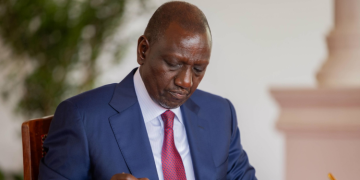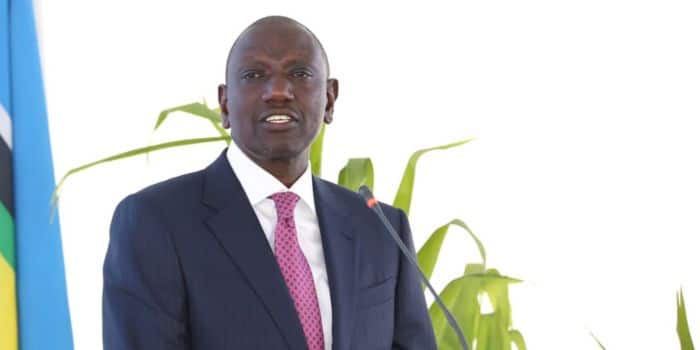The news about the National Treasury’s shortfall in revenue collection due to the increased tax imposed on beer and cosmetics has continued to spark mixed reactions.
In the Budget Review and Outlook Paper 2023 released on November 15, the Treasury reported that it had recorded the highest shortfall in revenue collection from excise duty by a whopping Ksh24.5 billion.
According to the Treasury, the shortfall is attributable to reduced consumption of excisable goods including cosmetics, beer, and spirits.
The report has since raised questions about the government’s strategy to expand revenue collection with its newly adopted measures.
Among Kenyans who commented on the story report was Narok Senator Ledama Ole Kina who compared the current tax measures to those under former President Uhuru Kenyatta.

Ledama questions Ruto’s strategy
“Today the current occupier of the house on the hill, (President) William Ruto, is leading his troops in planting grass on top of Kenyans graves who are being denied oxygen by unpredictable taxation!” he stated in a post.
“No wonder my good friend at the Treasury is lamenting about losing Ksh 133.5 billion due to low sales of beer, spirits and import of Motor Vehicles.”
Anthony Irungu, an entrepreneurship consultant also commented on the shortfall stating, “The Laffer Curve is kicking in. The more tax hikes, the less the spending, the less the taxes the government collects. Luxury spending is declining fast.”
Also Read: Treasury Cs Ndung’u Warns Civil Servants of Further Salary Delays
In addition, a social media user named Yousuf Omar Darkane poked holes at the strategy by the Kenya Kwanza administration.
“The Treasury’s statement reflects a nuanced understanding of the dynamics between taxation, revenue, and consumption. It implies that a myopic focus on increasing tax rates might not be the most effective strategy for bolstering government revenue,” Darkane.
Also Read: Bar Owners Oppose Proposal To Up Excise Duty On Beer
Further tax misses
Notably, the Treasury also recorded a deficit in its projected VAT collection which the report noted was mainly affected by subdued growth in the construction, transport and manufacturing sectors owing to the high cost of inputs and increasing inflationary pressures.
For instance, the report stated that non-oil imports dropped by 8.4 percent due to changes in buying patterns in the country.
Additionally, the report indicated that the performance of other income tax was affected by the underperformance of Corporate Income Tax (CIT).
The government, Treasury explained, also delayed in disbursing money to various Government entities which affected the remittances from the public sector through the Pay as you Earn tax.
“Given this revenue shortfall, the projections for FY 2023/24 have an estimated revenue risk of Ksh133.5 billion,” the report indicated.





